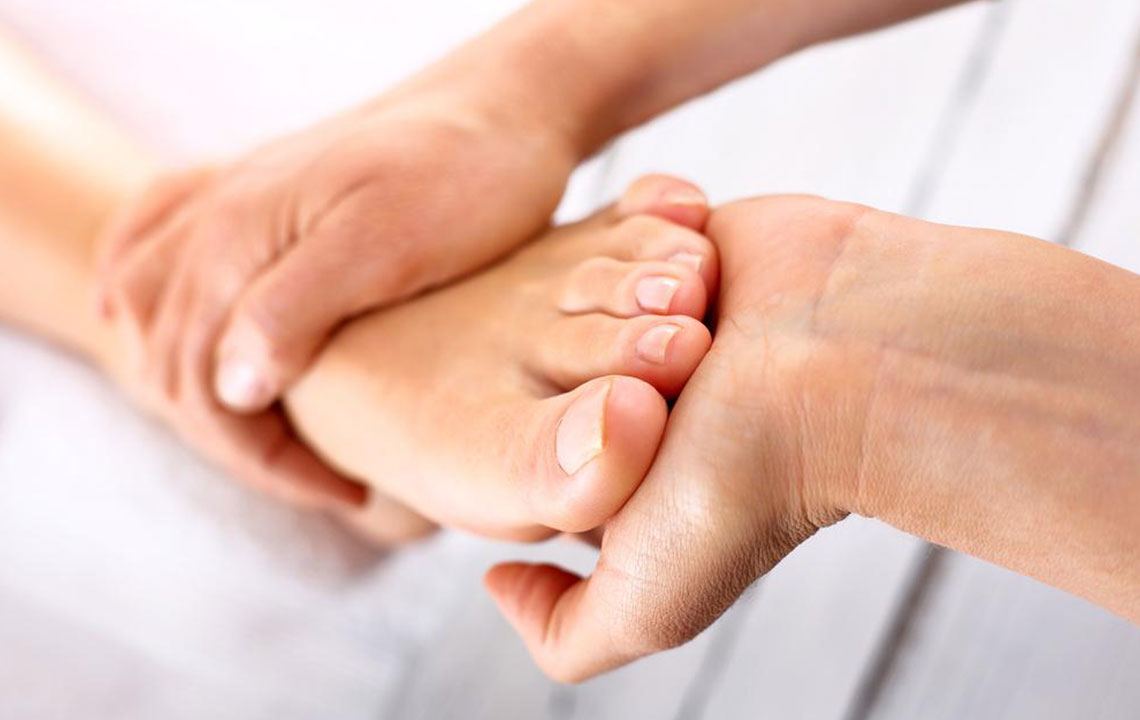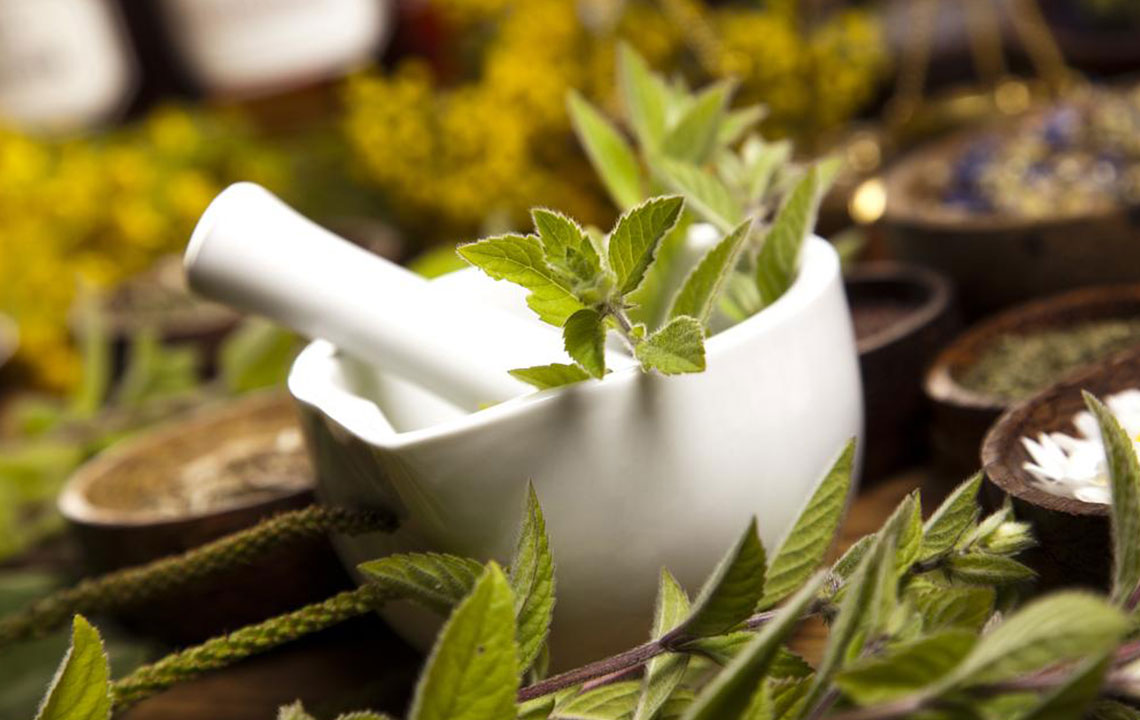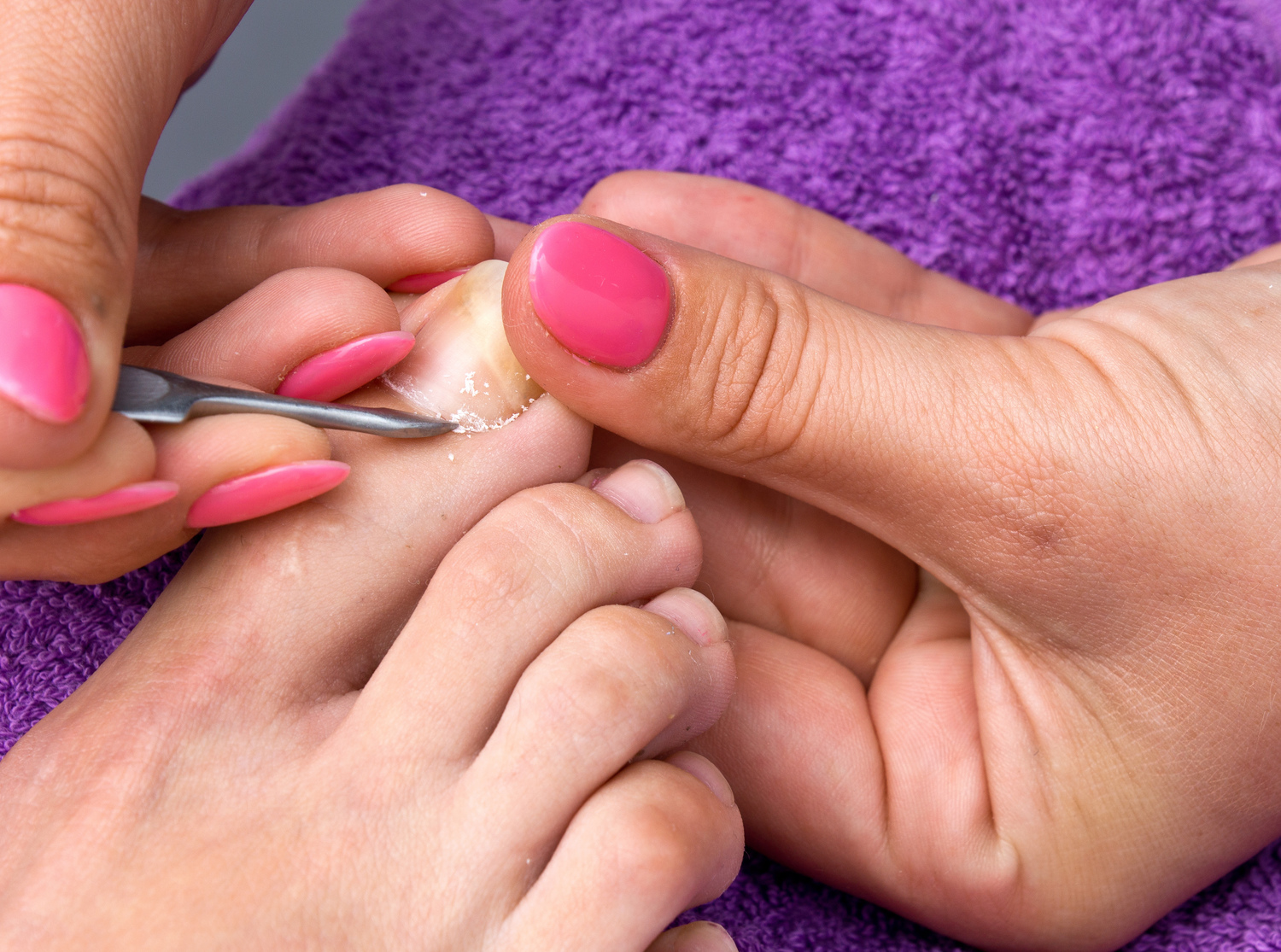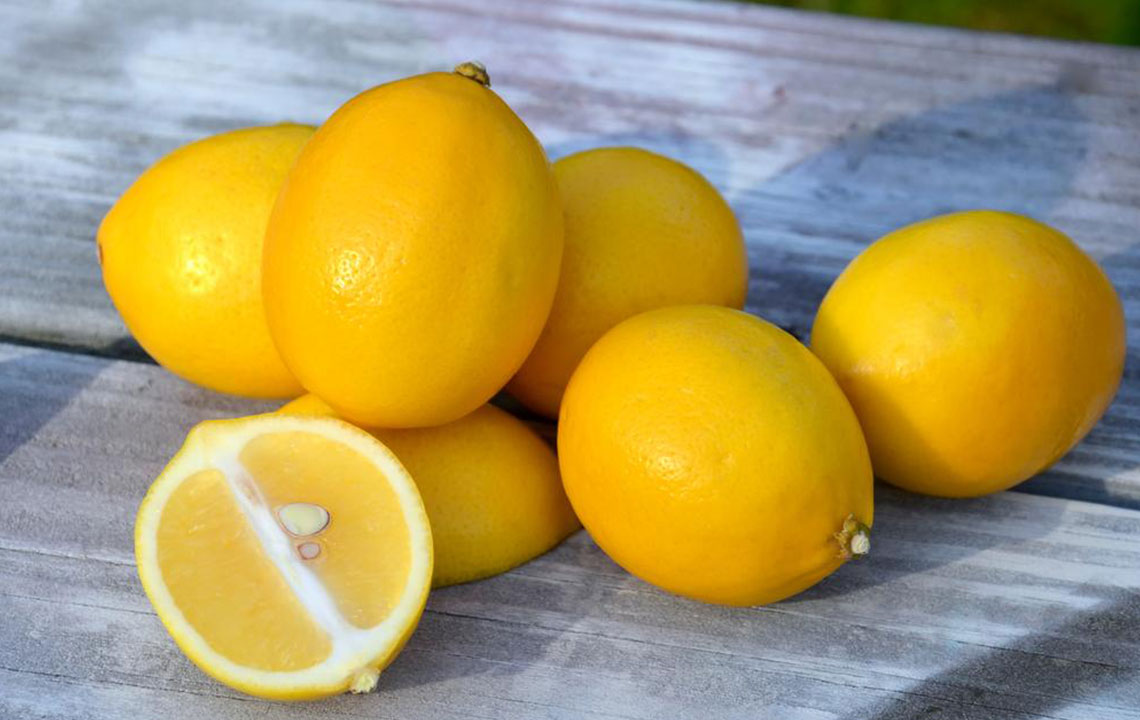Comprehensive Home Strategies to Relieve Plantar Fasciitis Pain Naturally
Discover effective, natural home remedies to alleviate plantar fasciitis pain. This detailed guide covers therapies such as Epsom salt soaks, turmeric, cold therapy, ginger, and foot massage, providing practical tips to reduce inflammation and discomfort. Combined with proper footwear and lifestyle adjustments, these strategies can help you manage symptoms efficiently. Whether you experience morning heel pain or discomfort after prolonged standing, implementing these holistic approaches supports healing and improves quality of life. Consult healthcare providers for persistent issues. Stay proactive with these natural remedies.

Effective Home Remedies to Alleviate Plantar Fasciitis Discomfort
Plantar fasciitis is a prevalent musculoskeletal condition characterized by pain localized in the heel and the bottom of the foot. This ailment often extends to involve the Achilles tendon, causing discomfort that can significantly impair daily activities. It predominantly results from inflammation of the plantar fascia, a thick band of fibrous tissue that stretches from the heel bone to the toes, providing support to the arch of the foot. Understanding the condition is crucial in managing and alleviating its symptoms effectively at home.
People who frequently engage in running, those who carry excess weight, and individuals who wear unsupportive or inappropriate footwear are more susceptible to developing plantar fasciitis. This condition can impact either one or both feet, typically worsening during the first steps in the morning—a phenomenon known as "morning heel pain." It may also become more noticeable after prolonged periods of standing or sitting and tends to improve somewhat with activity, which makes it particularly frustrating for sufferers. Although the precise cause of plantar fasciitis isn't always clear, certain factors such as age (most common between 40-60 years), abnormal foot structures like flat feet or high arches, and occupational hazards involving extended standing or walking elevate the risk.
Traditional treatment options often include physical therapy, orthotic devices, and supportive footwear. When these measures are insufficient, surgical intervention may be necessary, though conservative at-home remedies can often significantly reduce discomfort and promote healing. In this detailed guide, we will explore several natural, cost-effective home remedies that are backed by evidence and can be easily incorporated into your daily routine to help manage your plantar fasciitis symptoms effectively and comfortably.
Top 5 Home Remedies for Managing Plantar Fasciitis Pain
Epsom Salt Foot Soak - Epsom salt, rich in magnesium sulfate, is renowned for its ability to relax muscles and reduce inflammation. To prepare an Epsom salt soak, add 2-3 tablespoons of Epsom salt to a basin of warm water. Submerge your feet and soak for 10-15 minutes. During the soak, gently massage the sole and heel to stimulate circulation and enhance pain relief. Doing this twice daily for several weeks can improve symptoms and decrease inflammation.
Turmeric for Natural Anti-Inflammatory Support - Turmeric contains curcumin, a potent natural anti-inflammatory agent. To harness its benefits, prepare a soothing turmeric paste by mixing fresh turmeric root with warm milk and a touch of honey. Consuming this mixture nightly before bed can help reduce foot inflammation and ease pain. Alternatively, adding turmeric powder to meals or brewing turmeric tea can also be effective. Regular intake supports the body's ability to combat chronic inflammation associated with plantar fasciitis.
Cold Therapy with Ice Packs - Applying cold packs is one of the simplest yet highly effective remedies for reducing inflammation and alleviating pain. Wrap an ice pack or a bag of frozen peas in a thin towel and place it on the affected area for 10-15 minutes. Repeat this process multiple times throughout the day, especially after activities that place strain on your feet. Cold therapy constricts blood vessels, diminishes swelling, and numbs nerve endings, providing quick relief from discomfort.
Ginger for Anti-Inflammatory Benefits - Ginger has long been used in traditional medicine for its anti-inflammatory properties. Incorporate fresh ginger into your diet by brewing a hot ginger tea: steep grated ginger in boiling water for about 10 minutes, then strain and enjoy. Consuming ginger daily can help reduce systemic inflammation, which may contribute to the alleviation of plantar fasciitis pain. You can also include ginger in smoothies or salads to reap its health benefits seamlessly.
Foot Massage for Enhanced Circulation - Regular massage is beneficial in reducing tension and promoting healing in the affected tissues. Use warm oils such as olive, sesame, or coconut oil to gently massage the heel, arch, and bottom of the foot for about 10 minutes. Focus on the plantar fascia and heel area, applying gentle but firm pressure. This practice encourages blood flow, relaxes tight tissues, and diminishes pain. Performing foot massages twice daily can make a significant difference in ongoing symptom management.
Beyond home remedies, wearing supportive footwear remains critical in managing plantar fasciitis. Shoes that provide excellent arch support and cushioning help unload stress from the plantar fascia. Avoid high heels, unsupportive sandals, or footwear with worn-out soles, as these can exacerbate symptoms. Additionally, maintaining a healthy weight reduces undue pressure on the feet, alleviating symptoms and preventing progression. Incorporating gentle stretching exercises for the calf muscles and plantar fascia can further improve flexibility and reduce tension, augmenting the effectiveness of these natural remedies.
In conclusion, while plantar fasciitis can be a persistent source of discomfort, utilizing these natural, home-based strategies can significantly reduce pain and promote healing. Combining proper footwear, weight management, daily stretching, and natural remedies creates a comprehensive approach to managing this condition effectively at home. Always consult a healthcare professional if your symptoms persist or worsen, as more advanced interventions may be necessary. Embracing these holistic practices empowers you to take control of your foot health and enjoy a pain-free, active lifestyle.





